
These days, vegetarian diets are becoming more and more popular, with numerous health facilities recommending them. Thus, today, we have many different forms of vegetarianism, ranging from vegans who eat absolutely nothing from animal origin to lacto vegetarians who are allowed to consume milk, even though they do not eat meat or eggs.
Vegans and Proteins
Those who consume meat, get all the necessary proteins from it. However, those who do not desire to see and enjoy the dead meat of slaughtered animals resting in their plate get their share of proteins from lentils, whole grains, tofu, nuts, seeds and other such sources. Some vegans and vegetarians consume soy burgers, textured vegetable proteins and other products of this type.
The Human Digestion Processes
Basically, those who consume meat, get all the fat and protein from it, since this type of nutrition is completely free of carbohydrates. However, the human body has troubles with digesting fat coming from sources like bacon, butter or steak. This process takes a lot of time and causes us to feel full for quite some time, potentially leading to constipation.
On the other hand, pastas, bread and other sources of carbohydrates get dealt with very quickly, when it comes to digestion. Namely, the whole breaking down process does not last longer than several hours, after which the carbohydrates are completely digested by our body. Since vegetarian and vegan diet consists mostly of carbohydrate-rich food, their digestive system has no problems digesting these.
Nutritive Values of Vegetarian and Vegan Food
Vegetarian diet is quite rich in fiber, leading to a better, softer stool formation, making it easier to pass and have regular, healthy bowel movements. Also, this kind of nutrition lowers one's risks of developing diabetes or diverticulitis. Taking into consideration that meat does not contain fiber at all, vegetables and whole grains are recommended to be the part of everyone's nutrition since these regulate digestion.
Yet, we should keep in mind that there are two different types of fiber, soluble and insoluble. Logically, the former swells from the water during the digestion, adding to the weight of the stool and bettering the bowel movement process, being expelled from our body through feces. Thus, the latter does not have these qualities and may lead to digestive problems, especially when a person is not used to a fiber-rich diet.
All in all, consume a vast diversity of food, make sure you drink enough of water daily and eat only the food which is good for your digestive system and, thereby, your health.


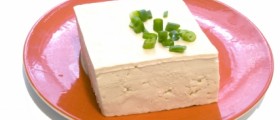




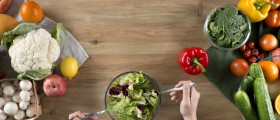

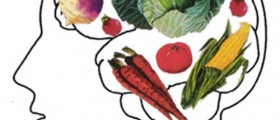



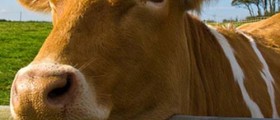

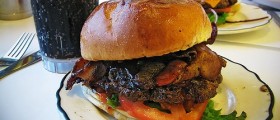
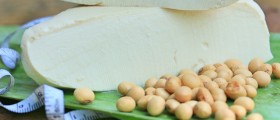
Your thoughts on this
Loading...